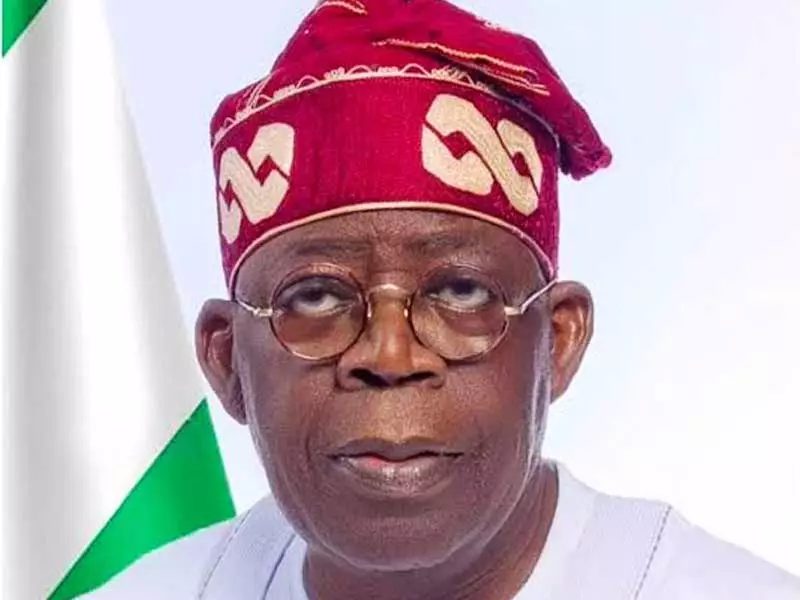
President Bola Tinubu is set for a high-stakes diplomatic mission to the United States, embarking on a crucial visit that comes at one of the most tense moments in Nigeria-US relations in recent memory.
The Growing Crisis: Christian Persecution Allegations
This diplomatic engagement unfolds against a backdrop of escalating tensions, primarily fueled by serious allegations of systematic persecution against Christian communities in Nigeria. Various international human rights organizations and religious freedom advocates have been raising alarm bells, claiming that Christian populations in certain regions of Nigeria face increasing violence and discrimination.
The situation has drawn international condemnation and placed the Nigerian government under unprecedented scrutiny. Human rights monitors have documented numerous incidents that they describe as targeted attacks on Christian worshipers and communities, though the Nigerian government has consistently denied allegations of systematic persecution.
Trump's Bombshell: Military Intervention Threat
Adding explosive fuel to the diplomatic fire, former President Donald Trump has publicly threatened potential military action against Nigeria if he returns to power. In statements that have sent shockwaves through diplomatic circles, Trump characterized the situation as "unacceptable" and vowed to take "decisive action" to protect Christian communities if elected.
This unprecedented threat from a leading US presidential candidate has elevated the situation from a diplomatic concern to a potential international crisis. Security analysts note that such direct military threats against a sovereign nation by a major US political figure are extremely rare in modern diplomatic relations.
Tinubu's Diplomatic Mission: Damage Control and Dialogue
President Tinubu's visit is widely seen as a critical damage control operation aimed at several key objectives:
- Directly addressing and countering the genocide allegations with US officials
- Preventing further escalation of tensions between the two nations
- Assuring the international community of Nigeria's commitment to religious freedom
- Securing continued US cooperation on security and economic matters
Diplomatic sources indicate that Tinubu plans to present Nigeria's perspective on the security challenges affecting all religious communities and emphasize the government's efforts to protect all citizens regardless of faith.
Regional Implications and International Response
The developing situation has far-reaching implications for West African stability and international religious freedom advocacy. Regional experts warn that escalated tensions between Nigeria and the US could undermine counter-terrorism cooperation in the Sahel region and affect economic partnerships worth billions of dollars.
International organizations including the United Nations and African Union are monitoring the situation closely, with some calling for calm and dialogue between the two longstanding allies. The European Union has offered to mediate discussions if requested by both parties.
What's at Stake: The Bigger Picture
Beyond the immediate diplomatic crisis, several critical issues hang in the balance:
- Security Cooperation: Nigeria relies on US intelligence sharing and military training in its fight against insurgency
- Economic Partnerships: US investments and trade agreements crucial to Nigeria's economic development
- Regional Leadership: Nigeria's position as a regional power broker in West Africa
- International Standing: The country's reputation as a stable democracy respecting religious freedom
As President Tinubu prepares for what may be the most important diplomatic mission of his presidency, the world watches anxiously. The outcome of these discussions could redefine Nigeria-US relations for years to come and significantly impact the stability of West Africa.
The situation remains fluid, with diplomatic channels working overtime to prevent further escalation while addressing legitimate concerns about religious freedom and security.





